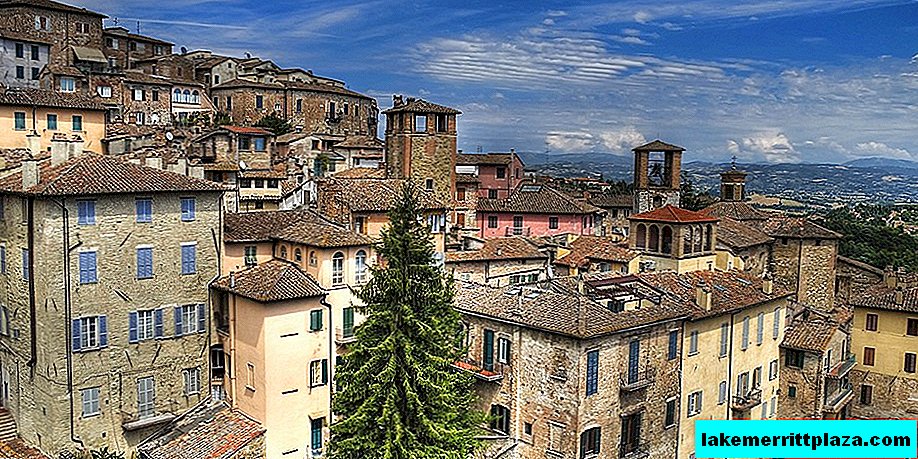The organizers of the new Ammappa l'Italia project are sure that to go around Italy, from north to south, for two of us is not a problem, but a wonderful trip
A brilliant innovative project designed to reveal all the natural and historical beauties of Italy. The social blog offers to go all over Italy, from north to south and from west to east, on foot, without using a car, train or even bus. Unless the bike can be taken 😉 ... but it will not go far everywhere. Compared to OpenStreetMap, its “big brother”, the project reflects the routes more “poetically”, descriptively and with a lot of photos.

The innovative idea of Ammappa l'Italia is as follows: on the pages of the site, each resident of the country can share the walking routes known to him. After all, any person knows perfectly well, at least, the area in which he lives: where there are dirt roads, paths, mountain trails or even real pedestrian paths.
With the help of the Internet and the Italians themselves, a real map of the peninsula’s walking routes should be formed in the end: with detailed descriptions of the terrain, an approximate length of the journey and marks of the difficulty of passing. So, step by step, route by route, Ammappalitalia, according to the idea of the organizers, will turn into a real compass for Italian eco-tourists, lovers of trekking, long walks and a "slow" lifestyle (known as "not rushing").

Originally developed on a voluntary basis, the Ammappa l'Italia blog aims to promote "responsible tourism" that does not affect the environment. As well as coverage of new corners of Italy, rich in ancient fortifications, small cozy villages and authentic rural communities.
Walking in the era of superhigh speeds and mass production and consumption of goods is almost a revolution. Today, the project is still only at the initial stage of development, when users only offer their routes, and the organizers process them and upload them to the site. But thanks to the large number of meetings held, additional funding and the active participation of citizens, in the near future new features will become available on the site: interaction with other portals, automatic route merging, open-source maps and cycle routes.

Contributing to the common cause is very simple: you just need to send a letter to [email protected] and attach a description of the path to it. The route should indicate:
- start and end points of transition
- a photo
- estimated travel time
- terrain
- the opportunity to use an asphalt or dirt road
- region
- the date you went along the route
- author's signature
Any additional information, of course, is welcome: marks on landfills, destroyed buildings, abandoned paths will not be superfluous.








